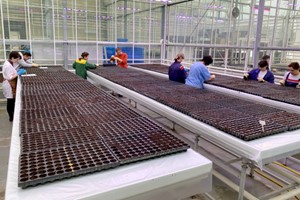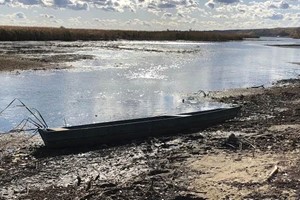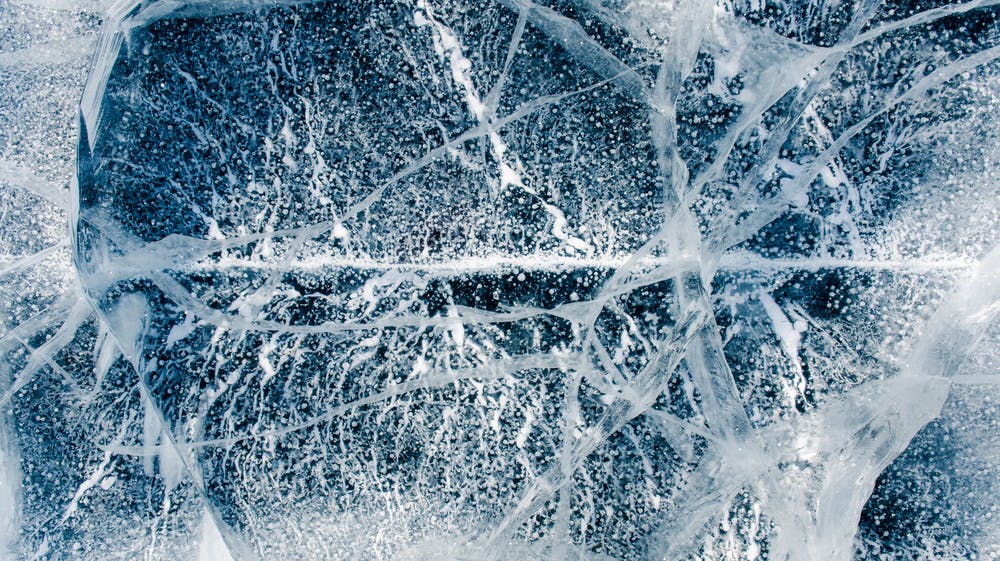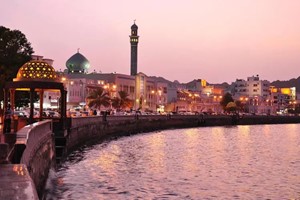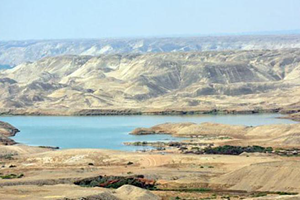The scientists of BelSU Botanical Garden work on a unique environmental project in collaboration with the colleagues from Papanin Institute of Inland Water Biology of the Russian Academy of Sciences and ecologists from Yakovlevsky Mining and Processing Plant.
Specialists from BelSU Botanical Garden Science and Education Centre have been working on development of a wastewater treatment system for several years already. This is a unique project that aims to improve environmental conditions and wastewater treatment by applying innovative methods.
The project has been implemented in several stages. The first was to select plants for future floating islands and select the most promising in terms of bio-accumulation of pollutants in water.
The laboratory and greenhouse complex of the Botanical Garden Science and Education Centre were involved in growing of the relevant planting material. In order to obtain high quality plants with well-grown roots, a clonal micropropagation technology was developed specifically for one of the species.
As it was noted by Valeriy Tokhtar, the Director of the Botanical Garden, four species of coastal aquatic plants with the utmost toxicants absorption properties had been used in the final system. The structure developed by the staff of Botanical Garden, the Institute of Inland Water of the Russian Academy of Sciences and ecologists from Yakovlevsky Mining and Processing Plant, represents a few lines of artificial floating islands, which are fixed on the opposite sides of the pond.
At present, the scientists of BelSU Botanical Garden continue to study how the plants of the artificial floating islands adapt to the new environment, as well as absorb and accumulate pollutants in water. This will enable to further modify and improve the performance of the water purification systems being underway.




